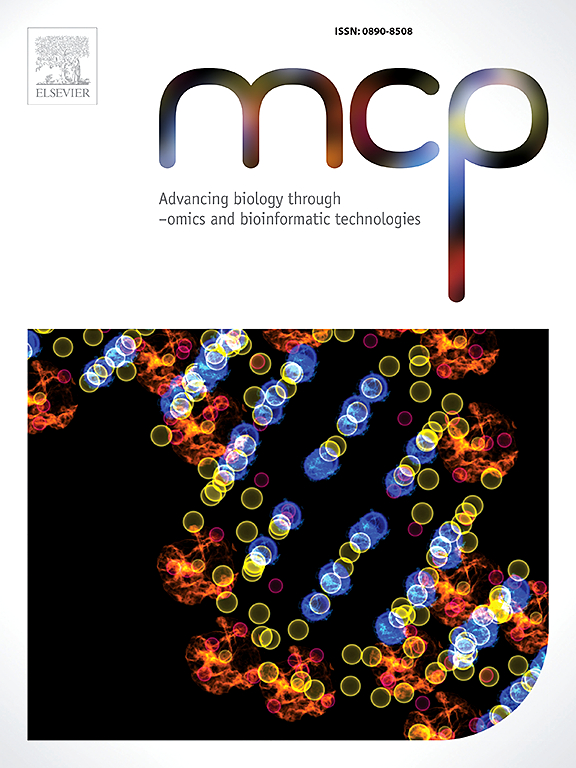CRISPR/Cas as a tool to overcome drug resistance in cancer: From challenge to opportunity
IF 3
3区 生物学
Q3 BIOCHEMICAL RESEARCH METHODS
引用次数: 0
Abstract
Drug resistance remains a significant challenge in cancer therapy, often resulting in treatment failure, tumor progression, and metastasis. The underlying resistance mechanisms—including genetic mutations, epigenetic alterations, and modifications in drug efflux pathways—are complex and not yet fully understood. This review explores the application of CRISPR-Cas gene editing technology in understanding and overcoming drug resistance in cancer. It focuses on how CRISPR can identify and target resistance-associated genes to restore drug sensitivity. CRISPR-based approaches enable precise genetic modifications that offer new insights into the molecular basis of drug resistance. The technology has shown promise in dissecting resistance mechanisms and developing targeted therapeutic strategies. Nevertheless, key limitations such as inefficient delivery systems, off-target effects, and limited specificity hinder clinical translation. Current efforts focus on improving guide RNA design, creating more effective delivery vectors, and integrating CRISPR with existing treatments. CRISPR-Cas technology holds significant potential to address drug resistance in cancer by enabling targeted genetic interventions. Continued advancements are required to enhance its safety, specificity, and delivery, paving the way for its integration into future clinical applications.
CRISPR/Cas作为战胜癌症耐药的工具:从挑战到机遇。
耐药仍然是癌症治疗中的一个重大挑战,经常导致治疗失败、肿瘤进展和转移。潜在的耐药机制——包括基因突变、表观遗传改变和药物外排途径的改变——是复杂的,尚未完全了解。本文综述了CRISPR-Cas基因编辑技术在了解和克服癌症耐药中的应用。它的重点是CRISPR如何识别和靶向耐药性相关基因以恢复药物敏感性。基于crispr的方法实现了精确的基因修饰,为耐药性的分子基础提供了新的见解。该技术在解剖耐药机制和开发靶向治疗策略方面显示出前景。然而,关键的限制,如低效率的输送系统,脱靶效应和有限的特异性阻碍了临床翻译。目前的工作重点是改进引导RNA设计,创造更有效的传递载体,以及将CRISPR与现有治疗方法结合起来。CRISPR-Cas技术通过实现靶向基因干预,具有解决癌症耐药问题的巨大潜力。需要持续的进步来增强其安全性、特异性和递送,为其整合到未来的临床应用铺平道路。
本文章由计算机程序翻译,如有差异,请以英文原文为准。
求助全文
约1分钟内获得全文
求助全文
来源期刊

Molecular and Cellular Probes
生物-生化研究方法
CiteScore
6.80
自引率
0.00%
发文量
52
审稿时长
16 days
期刊介绍:
MCP - Advancing biology through–omics and bioinformatic technologies wants to capture outcomes from the current revolution in molecular technologies and sciences. The journal has broadened its scope and embraces any high quality research papers, reviews and opinions in areas including, but not limited to, molecular biology, cell biology, biochemistry, immunology, physiology, epidemiology, ecology, virology, microbiology, parasitology, genetics, evolutionary biology, genomics (including metagenomics), bioinformatics, proteomics, metabolomics, glycomics, and lipidomics. Submissions with a technology-driven focus on understanding normal biological or disease processes as well as conceptual advances and paradigm shifts are particularly encouraged. The Editors welcome fundamental or applied research areas; pre-submission enquiries about advanced draft manuscripts are welcomed. Top quality research and manuscripts will be fast-tracked.
 求助内容:
求助内容: 应助结果提醒方式:
应助结果提醒方式:


